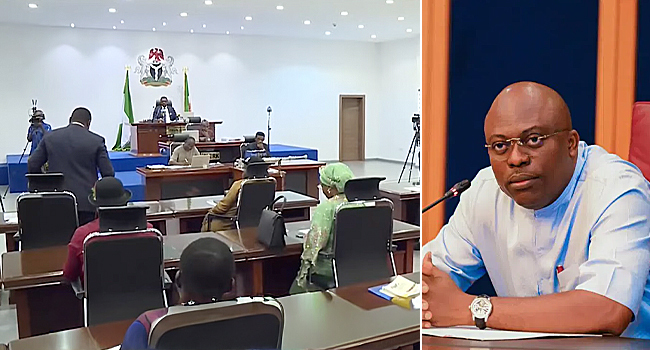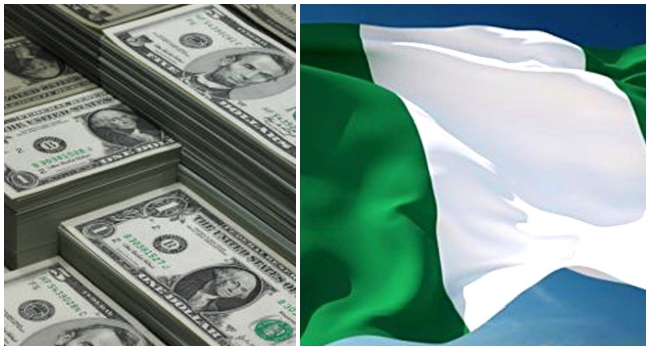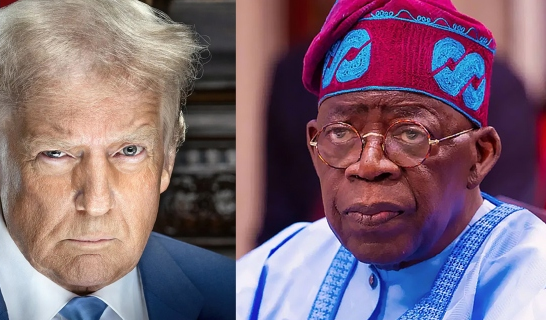The Chairman of the Economic and Financial Crimes Commission (EFCC), Ola Olukoyede, has urged stakeholders across various sectors to collaborate with the agency in combating the persistent abuse of the Nigerian naira.
Olukoyede made the appeal on Friday during a sensitisation programme held in Lagos with key figures from the entertainment industry, civil society organisations, the legal community, media practitioners, bureau de change operators, and other stakeholders.
Describing the naira as more than a means of financial transaction, the EFCC chairman emphasized its symbolic importance to Nigeria’s sovereignty and national identity.
“The naira is a symbol of our sovereignty. How we treat it reflects how much we respect ourselves as a people,” Olukoyede said.
He decried the rising trend of naira abuse at social events, particularly the spraying, stamping, and mutilation of currency notes, which he described as not only illegal but also damaging to the country’s economic integrity.
Olukoyede noted that the EFCC, in collaboration with the Central Bank of Nigeria (CBN), has over the past year intensified both enforcement measures and public enlightenment campaigns to address the issue. These include the establishment of a task force focused on dollarisation and naira abuse, as well as the prosecution of individuals found culpable — including public figures and celebrities.
He rejected the notion that naira spraying constitutes a cultural practice, asserting that such behaviour reflects a disregard for the law and the value of hard-earned income.
“As a salary earner, it is unimaginable for me to throw my hard-earned income into the air,” he said. “An offence is an offence, and ignorance of the law is no excuse.”
Olukoyede stressed the financial implications of such practices for the CBN, which incurs substantial costs in replacing defaced or mutilated currency notes. He called on entertainers and influencers to use their platforms to promote proper currency handling.
“In every performance, let one of your opening lines remind your fans that spraying or stamping on the naira is a crime,” he said. “We must all rise to defend the integrity of our currency.”
Highlighting the productive use of recovered assets, Olukoyede said over ₦100 billion in recovered proceeds of crime have been directed toward national development programmes, including the National Education Loan Fund (NELFund) and the Consumer Credit Scheme (Credicorp). He cited specific examples such as the conversion of a seized property into a Federal University of Applied Sciences in Kachia, Kaduna, and a skills acquisition centre for the Niger Delta Development Commission (NDDC) in Bayelsa State.
Also speaking at the event, Lanre Issa-Onilu, Director General of the National Orientation Agency (NOA), commended the creative industry for its contributions to national development. He emphasized the need for civic responsibility and alignment with the National Values Charter.
“The abuse of the naira is not only unlawful, it is unethical,” Issa-Onilu stated. “As citizens, we must embody civic responsibility and national cohesion. Values must be our guide in everything we do.”
The event marked a renewed push by the EFCC to engage cultural influencers and legal stakeholders in a nationwide campaign to safeguard the integrity of the naira and foster a deeper respect for national symbols.












